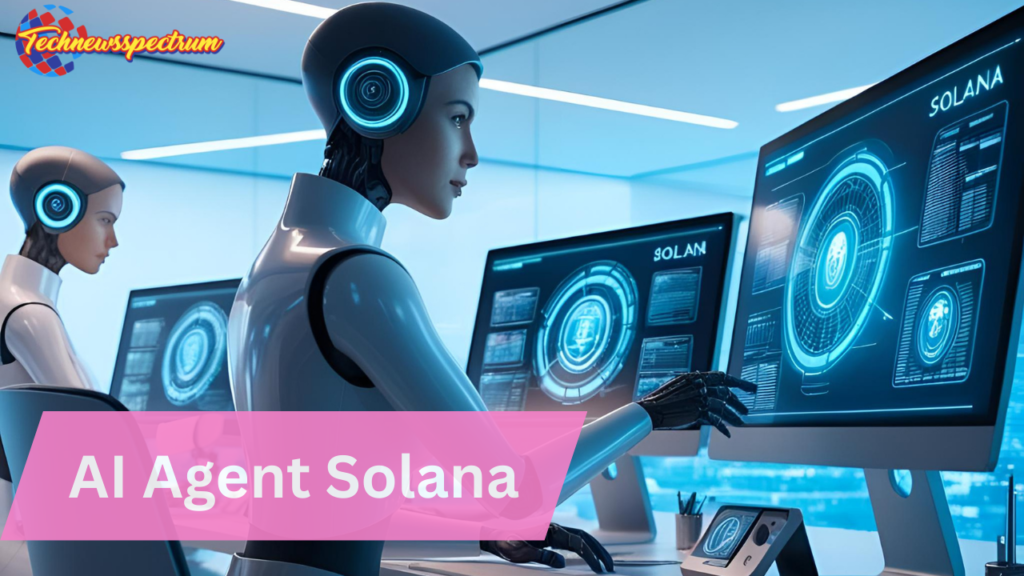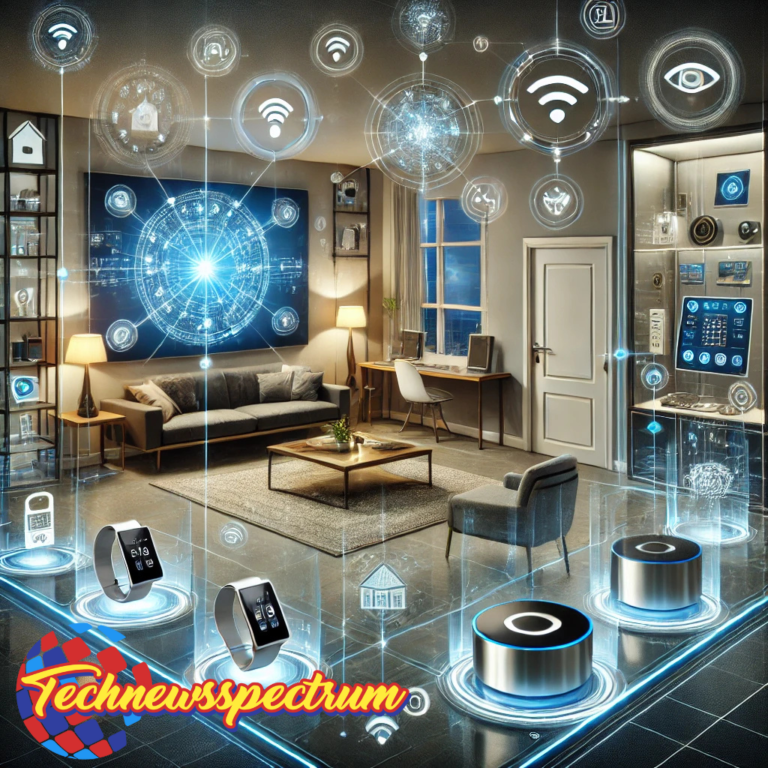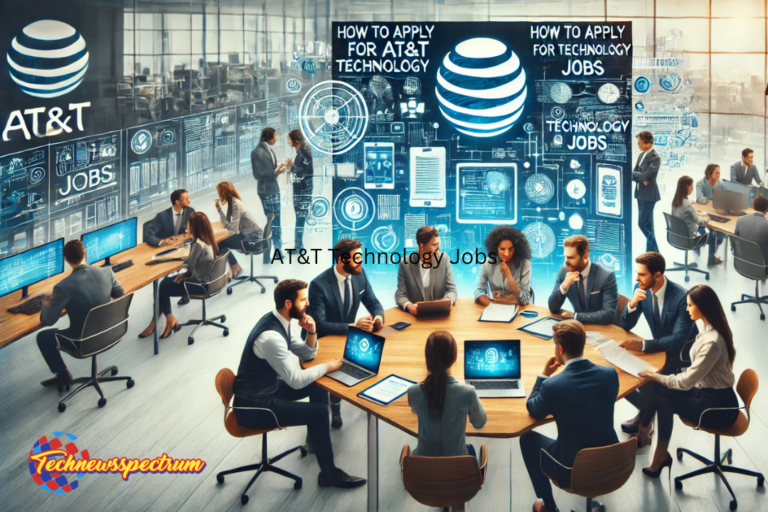AI Agent Solana: Discover the Future of Decentralized Intelligence in 2025
Table of Contents
| No. | Section Title |
| 1 | What Is an AI Agent? |
| 2 | What Makes Solana Stand Out? |
| 3 | How AI Agents Work on Solana |
| 4 | Real-World Use Cases of AI Agents on Solana |
| 5 | Benefits of Using AI Agents on Solana |
| 6 | Disadvantages and Challenges to Consider |
| 7 | Why Developers Are Choosing Solana for AI Agents |
| 8 | Future Potential of AI Agents on Solana |
| 9 | AI Agents vs Traditional Smart Contracts |
| 10 | Key Features That Drive Adoption |
| 11 | Solana’s Role in Web3 AI Integration |
| 12 | Security in Solana-Based AI Agents |
| 13 | AI Agent Governance Models on Solana |
| 14 | Economic Impact of AI Agents in 2025 |
| 15 | Frequently Asked Questions |
| 16 | Final Thoughts on AI Agent Solana |
What Is an AI Agent?
An AI Agent Solana is a smart, automated system that performs tasks by understanding inputs, learning from interactions and making decisions. Think of it as a digital assistant—but way smarter. These agents can write code, execute transactions or manage resources without needing constant human input.
In 2025, the need for faster and smarter automation has surged. Businesses want real-time data processing, decision-making and task execution. AI Agent Solana offer exactly that. When combined with blockchain, they become even more powerful by being tamper-resistant and transparent.
AI Agent Solana have been deployed in sectors like finance, healthcare, logistics and gaming. With the rise of decentralized systems, more developers are now embedding AI agents on high-speed blockchains like Solana.

What Makes Solana Stand Out?
Solana has gained massive popularity due to its lightning-fast processing speed and low transaction costs. While Ethereum struggles with congestion, Solana shines by processing thousands of transactions per second.
Key reasons Solana outpaces others:
- Speed: Transactions are finalized in under a second.
- Scalability: It doesn’t slow down when the network gets busy.
- Cost: Micro-transactions cost a fraction of a cent.
- Energy Efficient: It uses a unique consensus method that’s less power-hungry.
Solana’s infrastructure is designed for the future—especially ideal for AI Agent Solana that need to work in real time. Whether it’s a bot executing trades or a learning agent optimizing logistics, Solana’s framework makes it possible.
How AI Agents Work on Solana
Picture this: a smart AI bot that runs your decentralized finance (DeFi) portfolio 24/7, making trades based on live market analysis. That’s what AI Agent Solana can do on Solana.
Here’s how they operate:
- Smart Contract Integration: AI agents are embedded in contracts that live on the blockchain.
- Real-Time Data Feeds: Solana connects to oracles for live data.
- Machine Learning Models: Agents learn from past actions and optimize their performance.
- Event Triggers: AI agents act instantly when certain conditions are met.
Thanks to Solana’s architecture, these agents can interact seamlessly with other apps and blockchains, leading to robust and complex AI-powered ecosystems.
Real-World Use Cases of AI Agents on Solana
Let’s dive in to see where AI agents are already transforming industries:
- Decentralized Finance (DeFi)
AI agents execute yield farming strategies, detect arbitrage opportunities and manage token swaps in real time. - Healthcare Monitoring
AI agents collect data from wearables, analyze it and alert professionals to irregularities. - Gaming and NFTs
They personalize player experiences, set item prices dynamically and manage in-game economies. - Supply Chain
AI tracks shipment conditions (like temperature) and automates payments on delivery confirmation. - Customer Support
Chatbots powered by AI agents provide 24/7 assistance on dApps with natural language understanding.
These use cases aren’t just ideas—they’re live or in development across the Solana ecosystem.
Benefits of Using AI Agents on Solana
AI agent Solana offer multiple game-changing advantages:
- Lightning-Fast Response
Instant decision-making is possible thanks to Solana’s quick finality. - Low Cost
Transactions are so cheap that high-volume operations become feasible. - Secure and Transparent
Everything is recorded on-chain—no shady business. - Autonomous Operation
Once set up, agents require minimal human interference. - Real-Time Learning
Machine learning updates models continuously for better performance. - Cross-Platform Compatibility
Solana’s bridges allow AI agents to work with other blockchains too.
These advantages make Solana the ultimate playground for next-gen AI development.
Disadvantages and Challenges to Consider
While AI agent Solana offer many benefits, there are a few considerations:
- Complexity
Developing and training AI agents can be highly technical and time-consuming. - Security Risks
AI agents are as secure as the data and code they’re fed—bad inputs can lead to poor decisions. - Scalability of Intelligence
While Solana handles transactions well, AI model complexity may eventually outgrow current capacities. - Human Trust
Many users hesitate to give full control to automated systems. - Regulatory Oversight
As AI agents make financial decisions, legal implications become harder to navigate.
It’s important to note that despite these concerns, ongoing improvements continue to reduce these risks.
Why Developers Are Choosing Solana for AI Agents
Solana’s fast-growing developer ecosystem and extensive support tools attract creators from around the world.
Reasons devs are migrating to Solana:
- Easy-to-use SDKs and APIs
- Well-documented libraries for AI integration
- Strong community support
- Grants and funding programs for new projects
Solana isn’t just a blockchain; it’s becoming a launchpad for innovation.
Future Potential of AI Agents on Solana
AI Agent Solana are expected to dominate decentralized environments by 2030. With Solana leading the charge, here’s what the future might look like:
- Self-Improving Apps: dApps that evolve based on user interaction.
- Decentralized Autonomous Companies (DACs): Entire businesses run by AI agents on-chain.
- AI-Powered Governance: Decisions in DAOs made smarter through AI analysis.
In this context, Solana is more than just a host—it’s the backbone of the future of intelligence.
AI Agents vs Traditional Smart Contracts
It’s interesting to note the clear distinction between AI Agent Solana and traditional smart contracts. While both operate on the blockchain, their abilities vary drastically.
| Feature | Traditional Smart Contracts | AI Agent Solana |
| Logic Type | Pre-programmed, static | Dynamic, learning-based |
| Autonomy | Executes specific commands only | Makes decisions independently |
| Flexibility | Limited to defined conditions | Can evolve and adapt |
| Data Input Type | Predefined | Real-time and unpredictable |
| Performance Scaling | Manual optimization required | Self-optimizing |
| Learning Capability | None | Machine learning supported |
In essence, smart contracts follow orders, while AI agents think and decide. This transition allows for more efficient, intuitive and personalized experiences across decentralized platforms.
Key Features That Drive Adoption
AI agent Solana include several features that are fueling mass adoption:
1. Ultra-Low Latency
Actions are executed in milliseconds, essential for financial markets and real-time responses.
2. Autonomous Learning
With integrated ML models, agents improve their performance as they process more data.
3. Plug-and-Play Architecture
Solana allows seamless integration with oracles, APIs and even other blockchains.
4. Open-Source Ecosystem
Developers can build, share and improve AI models through community-driven repositories.
5. Programmable Behavior
Using custom algorithms, agents can perform uniquely tailored tasks that match specific project needs.
These features show that AI Agent Solana aren’t just tools—they’re evolving digital companions in decentralized systems.
Solana’s Role in Web3 AI Integration
Solana is shaping the evolution of Web3 by merging speed with smart intelligence.
By integrating AI Agent Solana into the Web3 landscape:
- DeFi becomes smarter with AI-led investment bots.
- NFT platforms become more intuitive by suggesting art or pricing dynamically.
- Supply chains operate more efficiently with predictive shipment planning.
- Gaming becomes adaptive, with AI learning player behaviors and adjusting challenges in real time.
From this perspective, Solana acts as the ideal bridge connecting intelligent automation and decentralized freedom.
Security in Solana-Based AI Agents
It’s crucial to note that AI Agent Solana, despite their autonomy, are bound by the security limits of their environment.
Solana strengthens agent security through:
- Immutable Records: Every action is traceable and irreversible.
- Auditability: External teams can audit agent behavior.
- Validator Network: Thousands of nodes check for transaction integrity.
- Permissioned Data Access: Agents can’t overreach without consent.
Bear in mind, AI is only as secure as the models and inputs it’s based on. Continuous monitoring is vital to ensure safety.
AI Agent Governance Models on Solana
In decentralized environments, governance becomes a major talking point. How do we control agents that can think and act independently?
Solana’s emerging governance models for AI agents include:
- Token-based Voting: Communities can vote on agent upgrades or behavior policies.
- Role-Based Permissions: Only approved agents can take specific actions.
- Feedback Loops: Users flag inappropriate behavior for retraining.
This demonstrates how Solana is not just enabling AI agents but also managing them responsibly.
Economic Impact of AI Agents in 2025
AI agents are already redefining how value is created and exchanged.
Economic Shifts We’re Seeing:
- Reduction in Labor Costs: Replacing repetitive tasks with automation.
- Boost in Transaction Volumes: Micro-agents handling billions of small operations daily.
- New Revenue Models: AI-as-a-Service offerings for startups and enterprises.
- Creator Economies: Artists use agents to manage royalties and licensing automatically.
Undoubtedly, AI agents are a financial revolution—not just a tech trend. Solana makes this shift practical and scalable.
Frequently Asked Questions
1. What is an AI agent on Solana?
An AI agent is an automated system running on Solana’s blockchain that can make decisions and take actions without human intervention.
2. How are AI agents different from smart contracts?
Smart contracts follow static rules. AI agents, on the other hand, can learn, adapt and improve with time.
3. Is it expensive to deploy AI agents on Solana?
Not at all. Solana’s low transaction costs make it one of the most affordable platforms for deploying AI agents.
4. Are AI agents secure?
Yes, when properly coded. Solana’s architecture ensures data integrity, while agents can be audited for transparency.
5. Can AI agents be used in gaming?
Absolutely! Many gaming dApps use agents for player matching, strategy planning and even personalized level generation.
6. What industries benefit most from AI agents on Solana?
Finance, healthcare, logistics and gaming are among the top industries currently leveraging AI agents for optimization and automation.
Final Thoughts on AI Agent Solana
To sum up, the rise of AI agent Solana represents a huge step toward intelligent decentralization. Solana’s speed, affordability and scalability make it the best place to deploy and grow these digital powerhouses.
If you’re a developer, investor or just a tech enthusiast, there’s never been a better time to get involved. As the tech continues to mature, we expect AI agents to become standard in Web3 architecture—automating tasks, making better decisions and creating smarter decentralized applications.
Solana isn’t just riding the wave of AI—it’s driving it.







